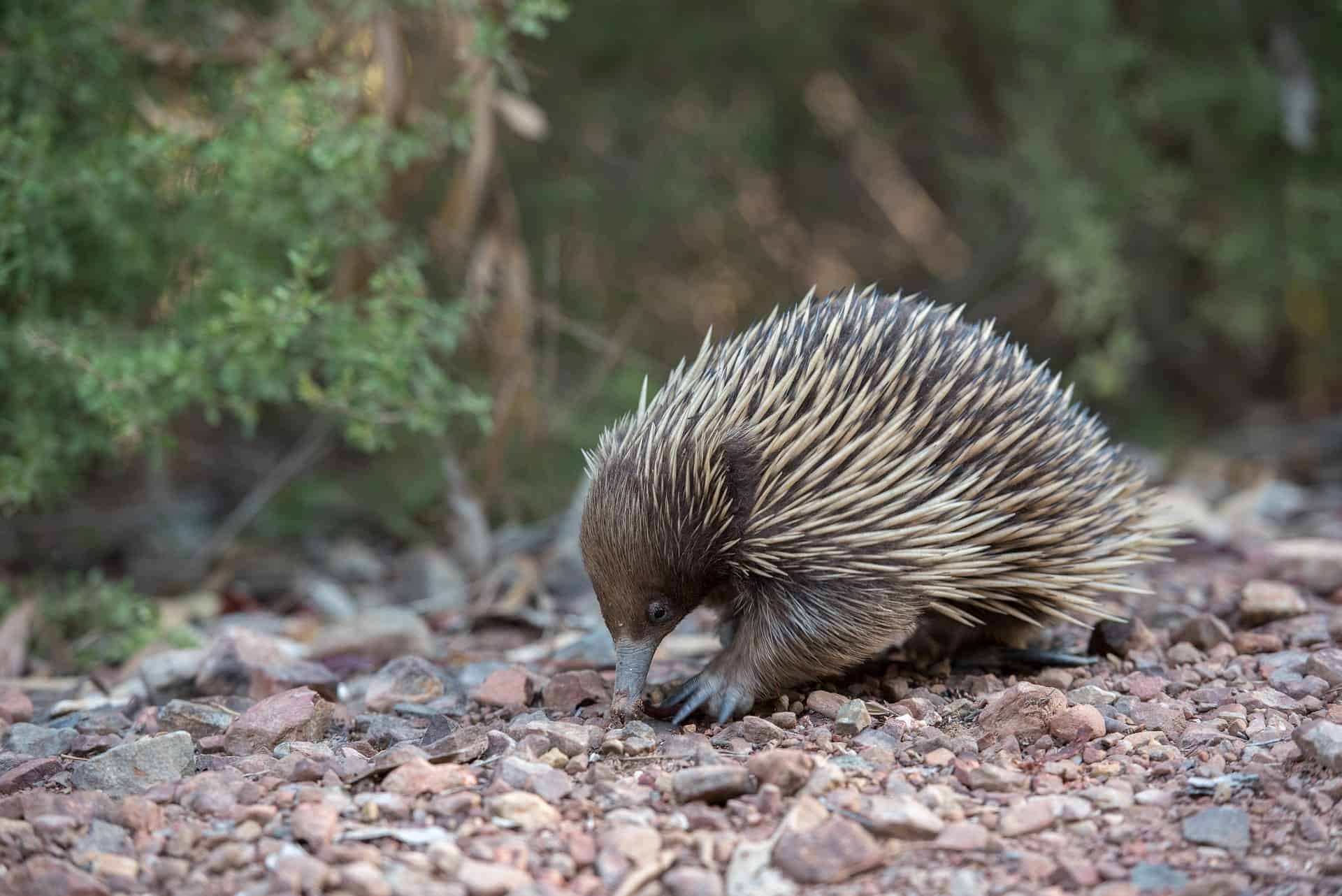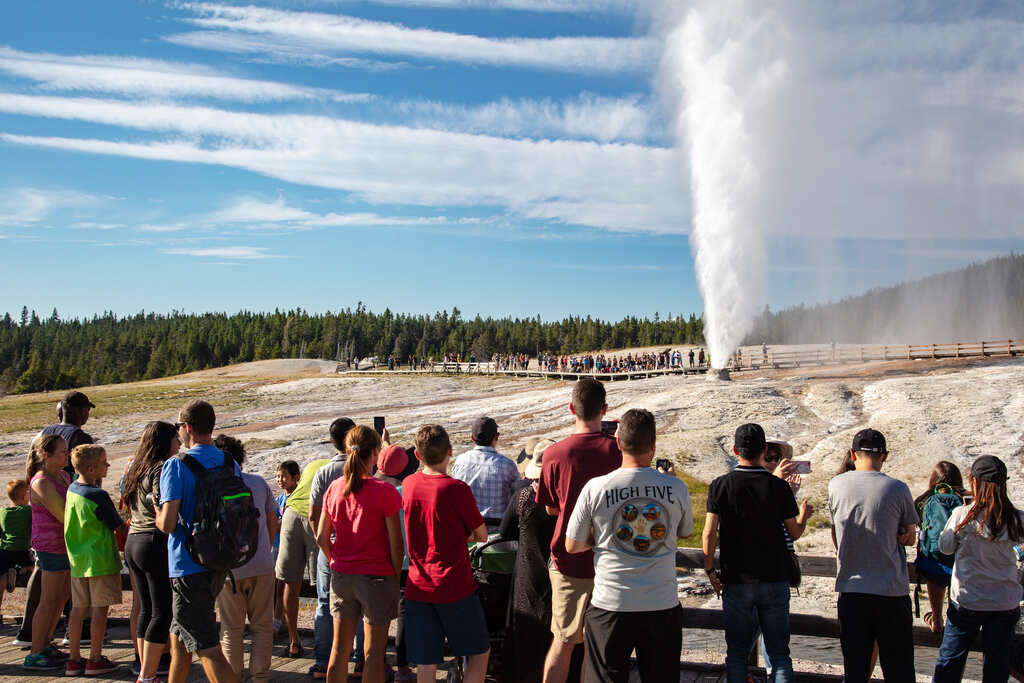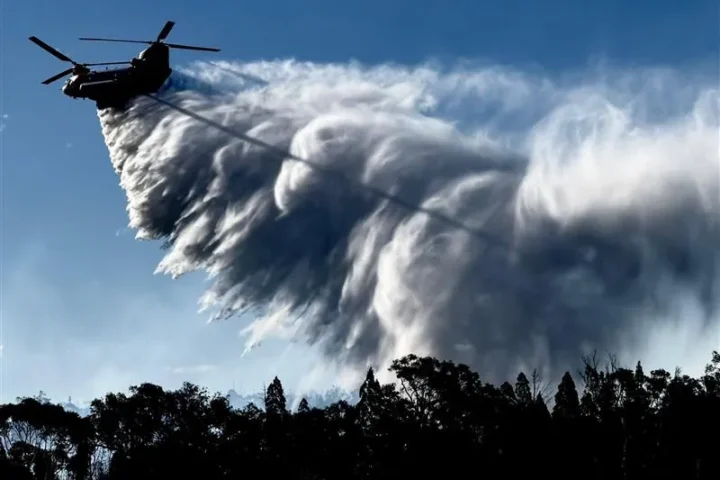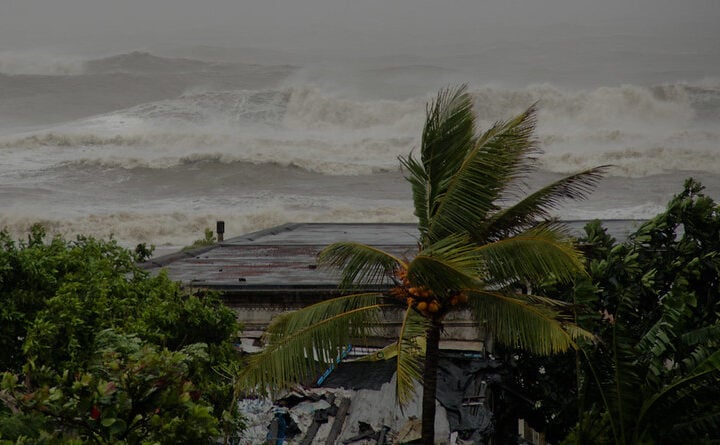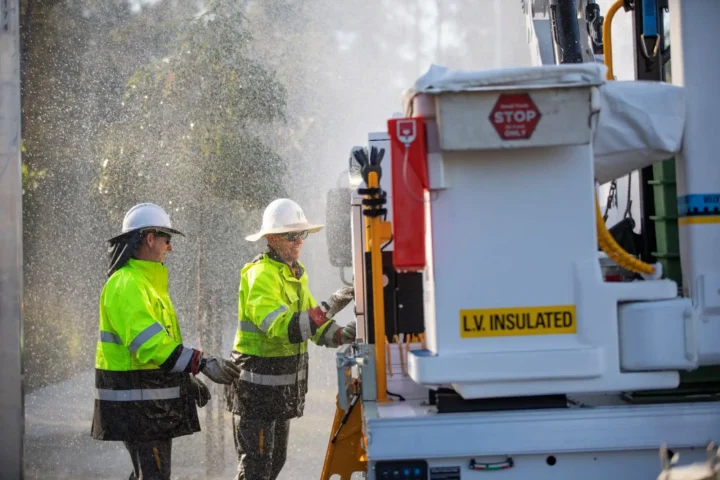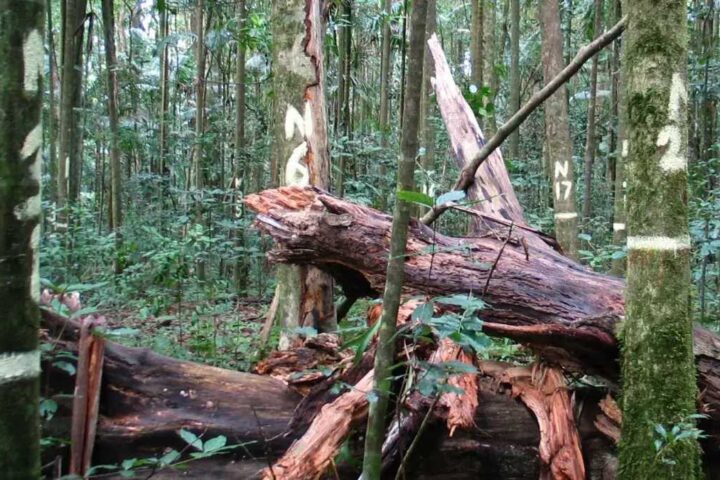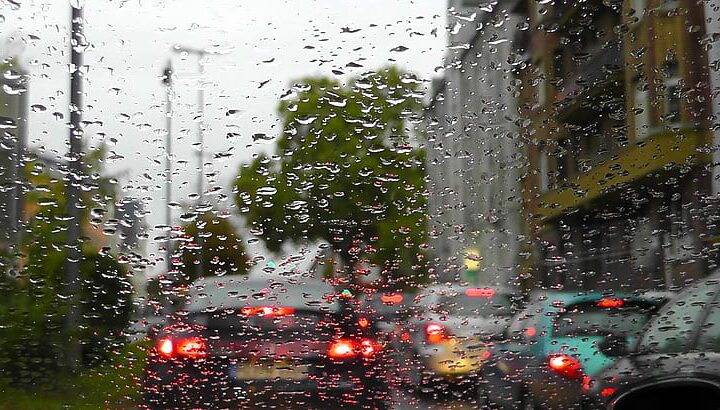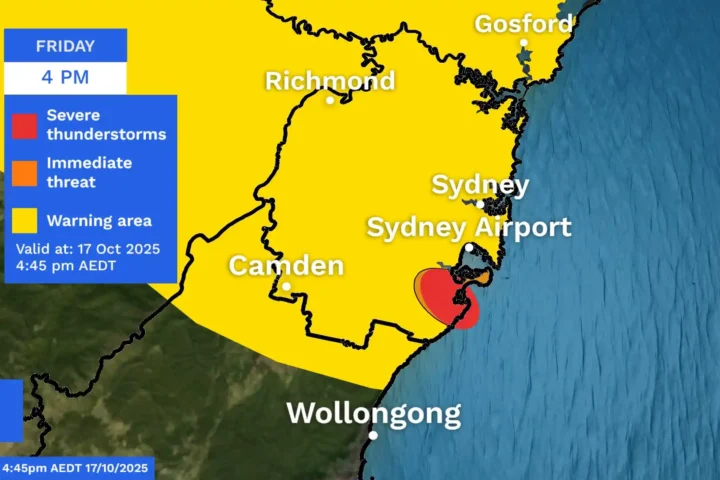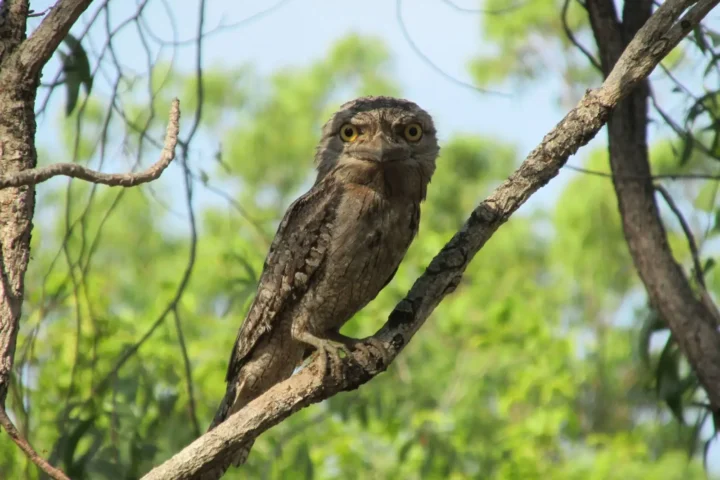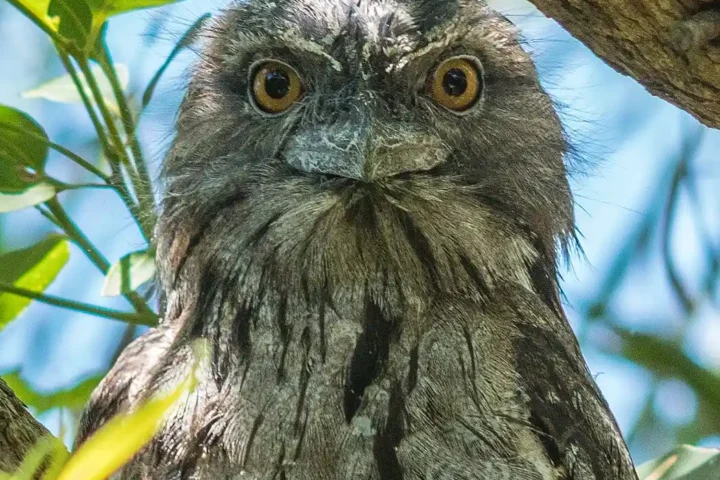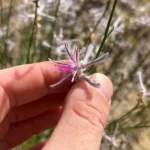Queensland’s latest State of Environment Report shows a mixed picture of environmental health, with significant challenges from invasive species, habitat loss, and climate change alongside some positive developments in conservation efforts.
Released on September 2, 2025, the report reveals that while Queensland remains a biodiversity hotspot, its environmental health faces mounting pressures. Over 1,000 plant and animal species are now threatened – an increase of 114 species since the previous report, including 48 new animal and 66 new plant listings.
The Invasive Species Council has criticized the report for what it calls “a big, ugly invasive species hole,” claiming it lacks crucial data and analysis on one of Queensland’s primary extinction drivers. The Council’s Advocacy Manager Reece Pianta stated, “We are flying blind – without a transparent and accurate assessment of key environmental threats, Queensland lacks an essential foundation for identifying gaps and improving efforts.”
Despite these criticisms, the report does include some positive findings. The state has eliminated 37 high-risk invasive plant species and has 15 more on track for eradication. Queensland’s marine parks now cover 7.2 million hectares, with 99% of the east coast within protected zones. Additionally, 93% of fish stocks show no sustainability concerns.
Climate impacts feature prominently, with three of the past five years (2019-2023) among Queensland’s top ten warmest on record. The state’s average temperature has increased by about 1.5°C since 1910, with most warming occurring in the past 50-60 years. The Coral Sea region experienced its warmest decade on record through 2023.
Similar Posts
The report shows vegetation clearing remains a significant issue, with approximately 1.48 million hectares of woody vegetation cleared between 2018-2022. However, this represents a 52% reduction in clearing since 2018-19, with regulated vegetation clearing down by 64% during this period.
Protected areas have expanded, with 29 new land parcels acquired under Queensland’s Protected Area Strategy and 520,000 hectares added to the private protected area network. The state established its first special wildlife reserve, Pullen Pullen, in 2020, and a second, Edgbaston, in 2024.
The Great Barrier Reef faces significant challenges, with the report noting its Outstanding Universal Value remains intact but under pressure. Climate change is identified as the highest negative impact on the reef, with coral reef accretion declining due to ocean acidification.
Progress on waste management shows mixed results. While the overall recovery rate for waste increased to 57.1% in 2023-24, only 28.3% of household waste was diverted from landfill, far below the 55% target for 2025. The state is on track or surpassing four of nine waste management targets.
The Queensland Conservation Council has described the report as a “horror update” for biodiversity, highlighting the 114 newly listed threatened species and three species now “extinct in the wild.”
The report demonstrates that despite improvements in some areas, Queensland faces growing environmental challenges that will require more rigorous monitoring, transparent reporting, and decisive action to address in the coming years.
